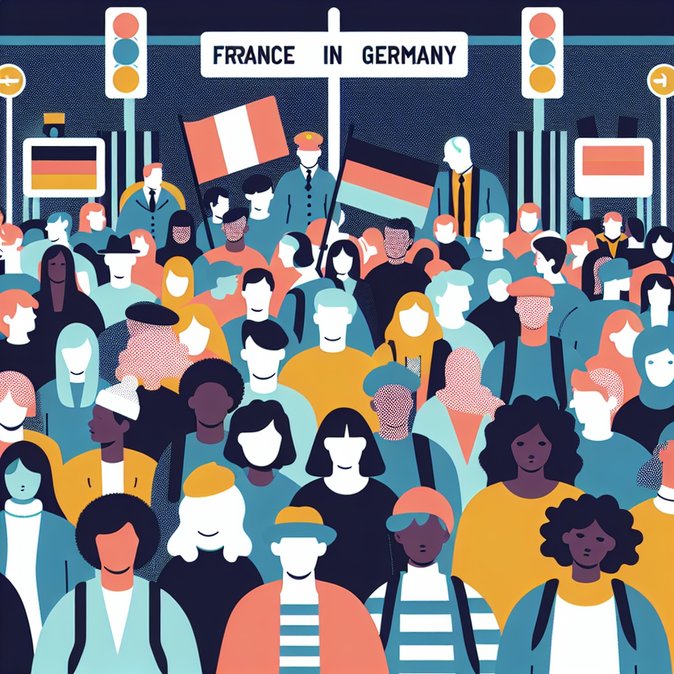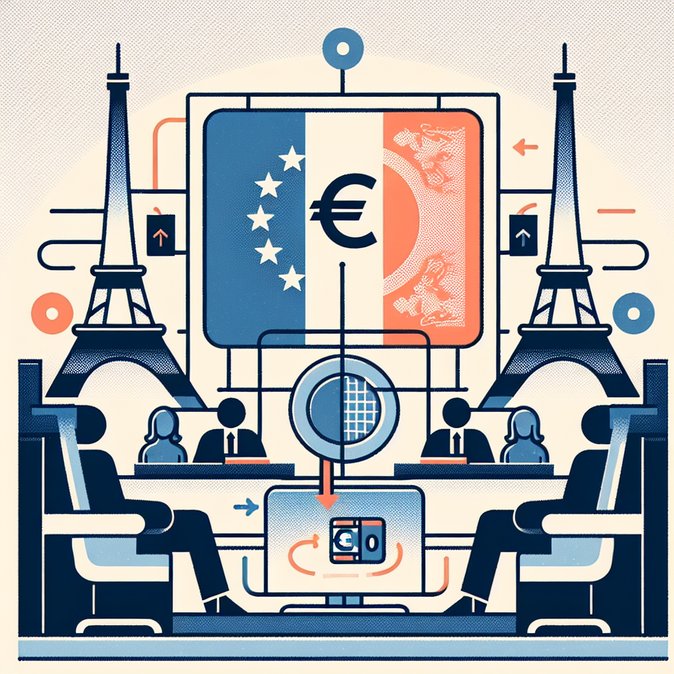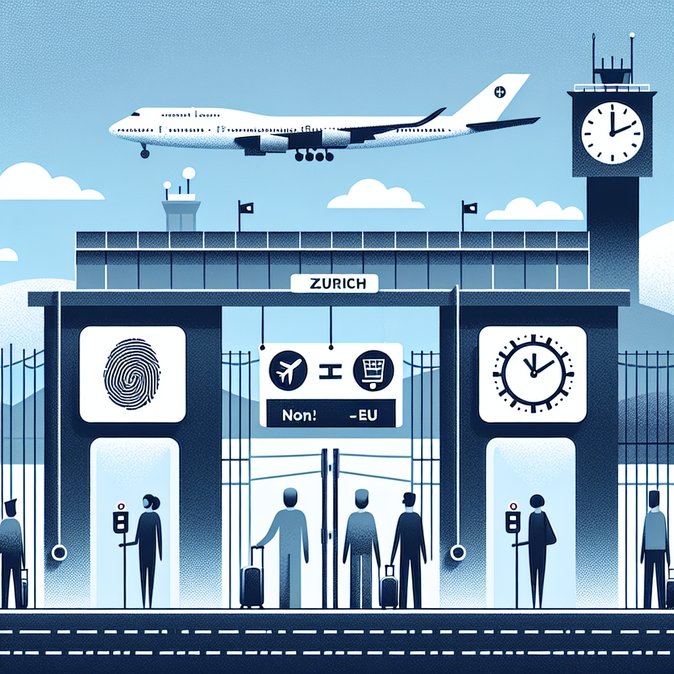
The French National Assembly devoted much of its 21 November 2025 budget session to immigration-related amendments that would have sharply increased the fees foreigners pay for residence and naturalisation documents.
Right-wing groups Union des Droites pour la République (UDR) and Rassemblement National (RN) tabled Amendment 1377, seeking to raise the stamp duty on so-called “regularisation visas” to a level that they argued would “cover the real administrative cost” and spare French taxpayers. A companion amendment would have multiplied by six (from €55 to €355) the fee charged for applications to acquire French citizenship.
![French MPs Reject Higher Visa & Naturalisation Fees in Heated 2026 Budget Debate]()
During an unusually fiery debate, proponents framed the measure as simple fiscal fairness. “The consumer who needs these papers ought to pay their true cost,” argued Olivier Fayssat (UDR). The Left and centrist government benches replied that punitive pricing would push vulnerable migrants further into the grey economy and undermine France’s integration goals. Interior Minister Amélie de Montchalin warned that large price jumps would almost certainly be struck down by France’s top administrative court for violating the principle of proportionality.
A series of public votes followed. Amendment 1377 was defeated by 99 votes to 85, and similar proposals to hike the fees for multi-year residence permits and naturalisation were also rejected. Although the outcome preserves the current tariff schedule (typically €200–€269 for most residence titles and €55 for naturalisation requests), the debate signals that immigration costs will remain a flashpoint as Parliament finalises the 2026 Finance Bill next month.
For employers and global-mobility managers the immediate takeaway is that application budgets for 2026 remain unchanged—for now. However, the narrow margin of some votes (and the promise by opposition MPs to re-table amendments in the Senate) suggests companies should keep a close eye on fee levels as the legislative process continues.
Right-wing groups Union des Droites pour la République (UDR) and Rassemblement National (RN) tabled Amendment 1377, seeking to raise the stamp duty on so-called “regularisation visas” to a level that they argued would “cover the real administrative cost” and spare French taxpayers. A companion amendment would have multiplied by six (from €55 to €355) the fee charged for applications to acquire French citizenship.

During an unusually fiery debate, proponents framed the measure as simple fiscal fairness. “The consumer who needs these papers ought to pay their true cost,” argued Olivier Fayssat (UDR). The Left and centrist government benches replied that punitive pricing would push vulnerable migrants further into the grey economy and undermine France’s integration goals. Interior Minister Amélie de Montchalin warned that large price jumps would almost certainly be struck down by France’s top administrative court for violating the principle of proportionality.
A series of public votes followed. Amendment 1377 was defeated by 99 votes to 85, and similar proposals to hike the fees for multi-year residence permits and naturalisation were also rejected. Although the outcome preserves the current tariff schedule (typically €200–€269 for most residence titles and €55 for naturalisation requests), the debate signals that immigration costs will remain a flashpoint as Parliament finalises the 2026 Finance Bill next month.
For employers and global-mobility managers the immediate takeaway is that application budgets for 2026 remain unchanged—for now. However, the narrow margin of some votes (and the promise by opposition MPs to re-table amendments in the Senate) suggests companies should keep a close eye on fee levels as the legislative process continues.


